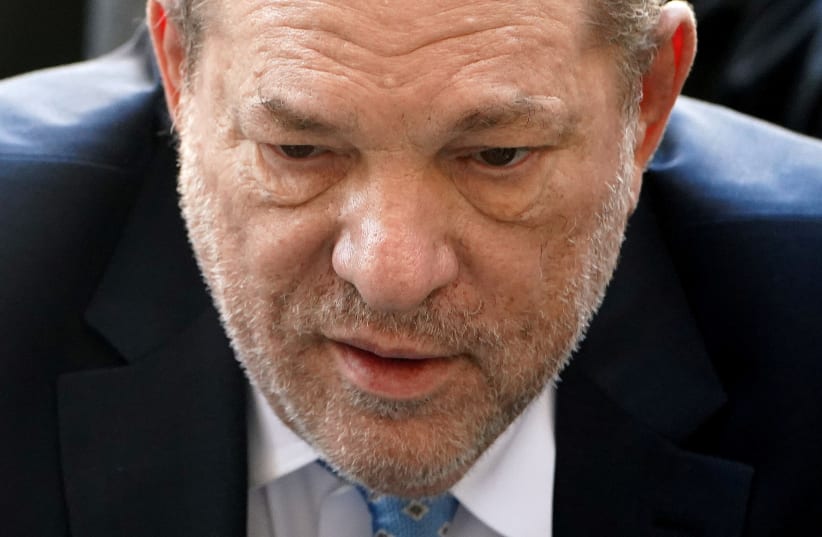The settlement announced on June 30 would end litigation by New York Attorney General Letitia James and separate class-action litigation, and permit accusers to claim $7,500 to $750,000 each.
But in a Manhattan federal court filing, the six women said accusers would receive just $11.2 million after deducting legal fees and costs, with typical awards of just $10,000 to $20,000, while shielding the defendants' insurers from big payouts.
They also complained that the accord "absolved" Weinstein, his brother Bob Weinstein and the board of liability, while setting aside another $15.2 million to help cover their defense costs.
The settlement is "a cruel hoax" and among "the most one-sided and unfair class settlements in history," the filing said. "The main winners ... are Harvey Weinstein, Robert Weinstein, and the ultra-wealthy former directors of The Weinstein Co."
James' office and a lawyer for Weinstein did not respond to requests for comment. Gerald Maatman, a lawyer for the Weinstein Cos, declined to comment.
The settlement requires approval by US District Judge Alvin Hellerstein.
In 2010, he initially rejected a settlement for workers suffering from health problems after the Sept. 11, 2001 attacks, saying he would not approve it "based on fear or ignorance."
Weinstein, 68, is serving a 23-year prison term following his Feb. 24 conviction for sexually assaulting a former production assistant and raping a onetime aspiring actress.
He is appealing, and still faces rape and sexual assault charges in Los Angeles.
The guilty verdict was a milestone for the #MeToo movement, which starting in late 2017 inspired women to accuse hundreds of powerful men in business, entertainment, media, politics and other fields of sexual misconduct.
